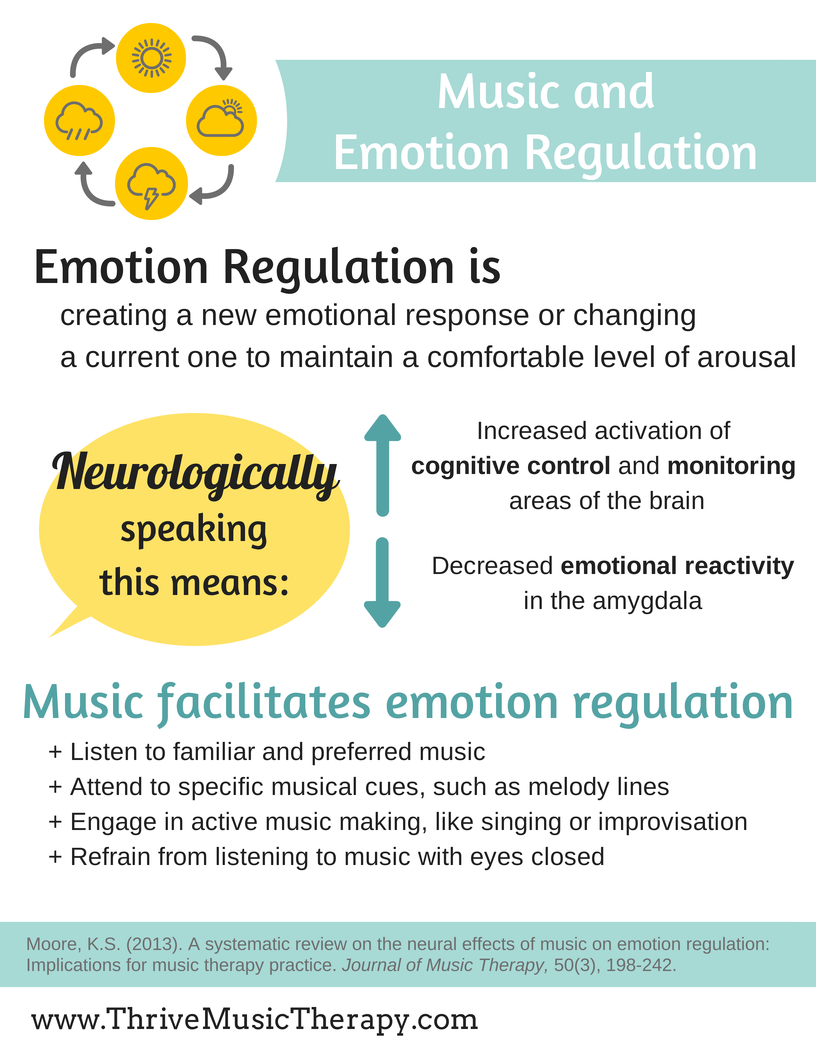
Our paper taps into the topic of flexibility in the domain of emotion regulation. In a fast changing world it seems that to better cope and effectively adapt to changes people need to flexibly choose from a wide range of possible solutions and ways of dealing with difficulties. More and more attention in psychological research is given to the topic of psychological flexibility ( Kashdan, 2010).

So far, situational and personality determinants have been studied rather separately. We claim that further studies should address the interaction of situational and dispositional factors in shaping the effectiveness of particular emotion regulation strategies. Moreover, we discuss potential personality determinants of effectiveness of particular regulatory strategies. We review a few recent theoretical contributions and studies that have attempted to capture some aspects of the flexibility of emotion regulation rather than distinguish between overly adaptive and maladaptive strategies. We argue that the effectiveness of specific emotion regulation strategies depends on the interaction of the features of a situation and personality characteristics of the individual regulating his/her emotions. In this article we describe the concept of flexible emotion regulation. The number of studies and theoretical contributions on emotion regulation has grown rapidly.

2Department of Management, Huddersfield Business School, The University of Huddersfield, Huddersfield, United Kingdom.

1Faculty of Psychology, University of Warsaw, Warsaw, Poland.


 0 kommentar(er)
0 kommentar(er)
